
Environmental activists have a tough time attracting serious and consistent media attention, as media owners are an important part of the power structures causing the big problems. (WWF, via flickr)
[dropcap]W[/dropcap]ho is responsible for the climate crisis? For everyone who isn’t a climate denialist, there’s an easy answer to the question: humanity. Who, in their right mind, would challenge the idea that climate change is anthropogenic (made by humans)? Are we not living in the Anthropocene: the Age of Man as geological force?
Well, yes and no. It turns out that saying “Humans did it!” may obscure as much as it clarifies. A world of political difference lies between saying “Humans did it!” — and saying “Some humans did it!” Radical thinkers and climate justice activists have begun to question a starkly egalitarian distribution of historical responsibility for climate change in a system committed to a sharply unequal distribution of wealth and power. From this standpoint, the phrase anthropogenic climate change is a special brand of blaming the victims of exploitation, violence, and poverty. A more nearly accurate alternative?
Ours is an era of capitalogenic climate crisis. Capitalogenic: “made by capital.” Like its sibling, Capitalocene, it can sound awkward when spoken. That doesn’t have much to do with the word, however — it’s because under bourgeois hegemony we are taught to view with suspicion any language that names the system. But naming the system, the form of oppression, and logic of exploitation is what emancipatory social movements always do. Justice movements unfold through new ideas and new languages. The power to name an injustice channels thought and strategy, something dramatically underscored by labor, anti-colonial, and feminist movements across the long twentieth century. In this respect, mainstream environmentalism since 1968 — the “environmentalism of the rich” (Peter Dauvergne) — has been a com- plete disaster.
The “ecological footprint” directs our attention to individual, market-oriented consumption. The Anthropocene (and before that, Spaceship Earth) tells us that planetary crisis is more or less a natural consequence of human nature — as if today’s climate crisis is a matter of humans being humans, just as snakes will be snakes and zebras will be zebras. The truth is more nuanced, identifiable, and actionable: we are living in the Capitalocene, the Age of Capital. We know — historically and in the present crisis — who is responsible for the climate crisis. They have names and addresses, starting with the eight richest men in the world with more wealth than the bottom 3.6 billion humans.
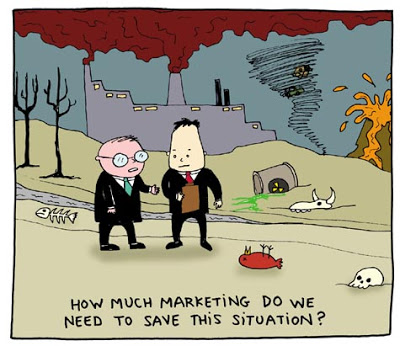 <<Image by Stephanie McMillan, to whom we extend our gratitude
<<Image by Stephanie McMillan, to whom we extend our gratitude
What is the Capitalocene? Let me begin by saying what the Capitalocene is not. It is not a substitute for geology. And it is not an argument that says an economic system drives planetary crisis — although economics are crucial. It is a way of understanding capitalism as a connective geographical and patterned historical system. In this view, the Capitalocene is a geopoetics for making sense of capitalism as a world-ecology of power and re/production in the web of life.
We’ll dig into the Capitalocene in just a moment. First, let’s get clear on the Anthropocene, of which there are two. One is the Geological Anthropocene. This is the concern of geologists and earth system scientists. Their primary concern is golden spikes: key markers in the stratigraphic layer that identify geological eras. In the case of the Anthropocene, these spikes are generally recognized as plastics, chicken bones and nuclear waste. (Such is the contribution of capitalism to geological history!)
Alternatively, and perceptively, the biogeographers Simon Lewis and Mark Maslin argue that 1610 marks the dawn of the Geological Anthropocene. Deemed the “Orbis Spike”, the period between 1492 and 1610 witnessed not only the Columbian Invasion. The ensuing genocide in the Americas led to forest regrowth and a rapid CO2 drawdown by 1550, contributing to some of the Little Ice Age’s coldest decades (c. 1300-1850). The Geological Anthropocene is therefore a deliberate abstraction of historical relations in order to clarify the biogeographical relations of humans (as species) and the biosphere. That’s entirely reasonable.
The Popular Anthropocene’s insinuation that all humans did it, then, is clearly not the case. The American and western European share of CO2 emissions between 1850 and 2012 is three times greater than China’s. Even this doesn’t go far enough. Such national accounting is akin to individualizing responsibility for the climate crisis. It doesn’t consider the centrality of American and western European capital in global industrialization since 1945.
The Capitalocene thesis is not an argument about geological history. It’s an argument about geohistory — something that includes biogeological changes as fundamental to human histories of power and production. Here, the Capitalocene confronts a second Anthropocene: the Popular Anthropocene. This second Anthropocene encompasses a much wider discussion in the humanities and social sciences. It’s a conversation about the historical development, and contemporary realities, of planetary crisis. There’s no neat and tidy separation, and many earth system scientists have been happy to shift from the Geological to the Popular Anthropocene, and then back again!
For the Popular Anthropocene, the problem is Man and Nature — a problem that contains more than a little gender bias, as Kate Raworth makes clear when she quips that we’re living the Manthropocene. This Anthropocene presents a model of planetary crisis that is anything but new. It reincarnates a cosmology of Humanity and Nature that goes back in some ways to 1492 — and in others to Thomas Malthus in the eighteenth century. This is the narrative of Humanity doing terrible things to Nature. And driving those terrible things is, as ever, the spectre of over-population — an idea that has consistently justified the violent oppression of women and peoples of color.
You might notice that I’ve capitalized those words Humanity and Nature. That’s because these are not mere words, but abstractions that have been taken as real by empires, modernizing states, and capitalists in order to cheapen human and extra-human natures of every kind. Historically, most human beings have been practically excluded from membership in Humanity. In the history of capitalism, there has been little room in the Anthropos for anyone not white, male, and bourgeois. From 1492, the super-rich and their imperial allies dispossessed peoples of color, Indigenous Peoples, and virtually all women of their Humanity, and assigned to Nature — the better they could be transformed into profit-making opportunities. The upshot is that the cosmology of Man and Nature in the Popular Anthropocene is not only a faulty analytic, but implicated in practical histories of domination. When the Popular Anthropocene refuses name capitalogenic climate change, it fails to see that the problem is not Man and Nature, but certain men committed to the profitable domination and destruction of most humans and the rest of nature.
The Popular Anthropocene’s insinuation that all humans did it, then, is clearly not the case. The American and western European share of CO2 emissions between 1850 and 2012 is three times greater than China’s. Even this doesn’t go far enough. Such national accounting is akin to individualizing responsibility for the climate crisis. It doesn’t consider the centrality of American and western European capital in global industrialization since 1945. Since the 1990s, for example, China’s emissions have overwhelmingly served European and American export markets, and for decades were underwritten by massive foreign investment.
There’s a global system of power and capital that’s always hungry for more Cheap Nature, which since the 1970s has meant sharply widening class inequality. Consider the United States, the world-historical leader in carbonizing the atmosphere. To allocate equal responsibility for global warming to all Americans is a grand erasure. The U.S. was, from the beginning, an apartheid-style republic based on genocide and dispossession and slavery. Certain Americans are responsible for US emissions: the owners of capital, plantations and slaves (or today’s private prisons), factories and banks.
The Capitalocene argument therefore rejects anthropocentric flattening — “We have met the enemy and he is us” (as in Walt Kelly’s iconic 1970 Earth Day poster) — along with economic reductionism. To be sure, capitalism is a system of endless capital accumulation. But the Capitalocene thesis says that to understand planetary crisis today, we need to look at capitalism as a world-ecology of power, production, and reproduction. In this perspective, the “social” moments of modern class rule, white supremacy, and patriarchy are intimately connected with environmental projects aimed at endless capital accumulation. Essentially, the great innovation of capitalism, from its origins after 1492, was to invent the practice of appropriating Nature. That Nature was not just an idea but a territorial and cultural reality that encaged and policed women, colonized peoples, and extra-human webs of life. Because webs of life resist the standardization, acceleration, and homogenization of capitalist prof- it-maximization, capitalism has never been narrowly economic; cultur- al domination and political force have made possible the capitalogenic devastation of human and extra-human natures at every turn.
Why 1492 and not 1850 or 1945? There’s no question that the Anthropocene’s famous “hockey stick” charts indicate major inflection points for carbonization and other movements at these points, especially the latter. These are representations of consequences, however, not the causes of planetary crisis. The Capitalocene thesis pursues analyses that link such consequences to the longer histories of class rule, racism and sex- ism, all of which form, in the modern sense, after 1492.
By the sixteenth century, we see a rupture in how scientists, capitalists, and imperial strategists understood planetary reality. In medieval Europe, humans and the rest of nature were understood in hierarchical terms, like the Great Chain of Being. But there was no strict separation between human relations and the rest of nature. Words such as nature, civilization, savagery and society only realized their modern meaning in the English language between 1550 and 1650. This was, not coincidental- ly, the era of England’s capitalist agricultural revolution, the modern coal mining revolution, the invasion of Ireland (1541). This cultural shift didn’t happen in isolation in the Anglosphere — there were cognate movements underway in other western European languages at around the same time too, as the Atlantic world underwent a capitalist shift. This radical break with the old ways of knowing reality, previously holistic (but still hierarchical) gave way to the dualism of Civilization and Savagery.
Wherever and whenever European ships disembarked soldiers, priests, and merchants, they immediately encountered “savages.” In the Middle Ages, the word meant strong and fierce; now it signified the antonym of civilization. Savages inhabited something called wilderness, and it was the task of the civilized conquers to Christianize and to Improve. Wilderness in these years was often known as “waste” — and in the colonies, it justified laying waste so that such lands and its savage inhabitants might be put to work cheaply.
The binary code of Civilization and Savagery constitutes a pivotal operating system for modernity, one premised on dispossessing human beings of their humanity. Such dispossession — which occurred not once but many times over — was the fate meted out to indigenous peoples, to the Irish, to virtually all women, to African slaves, to colonial peoples around the world. It’s this capitalist geoculture that reproduces an extraordinary cheapening of life and work, essential to every great world economic boom but also violent, degrading, and self-exhausting.
The language of Society and Nature is therefore not just the language of the bourgeois-colonial revolution in its widest sense, but also a praxis of alienation, every bit as fundamental to capitalism hegemony as the alienation of modern labor relations. Society and Nature fetishize the essential alienated relations of violence and domination under capitalism. Marx’s account of commodity fetishism, through which workers come to perceive the fruits of their labor as an alien power looming over them is obviously central. There’s another form of alienation that goes along with this commodity fetishism. This is civilizational fetishism. That alienation isn’t between “humans and nature.” It’s a project of some humans — white, bourgeois, male during the rise of capitalism — to cheapen most humans and our fellow life-forms. If commodity fetishism is a fundamental antagonism of capital and the proletariat, civilizational fetishism is the world-historical antagonism between capital and the biotariat (Stephen Collis) — the forms of life, living and dead, that provide the unpaid work/energy that makes capitalism possible. Civilizational fetishism teaches us to think the relation between capitalism and the web of life as a relation between objects, rather than an internalizing and externalizing relation of environment-making.
Everything that Marx says about commodity fetishism was prefigured — both logically and historically — by a series of civilizational fetishes, with the line between Civilization and Savagery its geocultural pivot. The rise of capitalism did not invent wage-work; it invented the modern proletariat within an ever more audacious project of putting natures of every kind to work for free or low cost: the biotariart. Like commodity fetishism, civilization fetishism was —- and remains —- not just an idea but a praxis and a rationality of world domination. Since 1492, this line — between Civilized and the Savage — has shaped modern life and power, production and reproduction. Reinvented in every era of capitalism, it is now being reasserted in a powerful way — as resurgent authorian populists militarize and secure borders against the “infestations” of refugees driven by the late Capitalocene’s trinity of endless war, racialized dispossession, and climate crises.
1492 marked not only a geocultural shift, but also a biogeographical transition unprecedented in human history. The Columbian Invasion began a geohistorical reunification of Pangea, the supercontinent that drifted apart 175 million years earlier. This modern Pangea would, in the eyes of Europe’s bankers, kings, and nobles, serve as a virtually limitless storehouse of Cheap labor, food, energy, and raw materials. It’s here, in the Atlantic zone of modern Pangea, that capitalism and today’s planetary crisis originated.
In the three centuries that followed, capitalism’s triple helix of empire, capital, and science made possible the greatest and most rapid land/labor transformation in human history. Only the genesis of settled agriculture at the dawn of the Holocene, some 12,000 years ago, rivals early capitalism’s ecological revolution. Centuries before Newcomen and Watt’s steam engines, European bankers, planters, industrialists, merchants, and empires transformed planetary labor/life/land relations on a scale and at a speed an order of magnitude greater than anything seen before. From Brazil to the Andes to the Baltic, forests were mowed down, coercive labor systems imposed on Africans, indigenous peoples and Slavs, and indispensable supplies of Cheap food, timber, and silver shipped to the centers of wealth and power. Meanwhile, women in Europe — not to mention in the colonies! — were subjected to a coercive labor regime more ruthless than anything known under feudalism. Women were ejected from Civilization, their lives and labor tightly policed and redefined as “non-work” (Silvia Federici): precisely because “women’s work” belonged to the sphere of Nature.
The story of planetary crisis is typically told through the lens of “the” Industrial Revolution. No one questions that successive industrializations have coincided with major inflection points of resource use and toxification. (But industrialization long predates the nineteenth century!) To explain the origins of planetary crisis to technological transformations, however, is a powerful reductionism. Britain’s Industrial Revolution, for example, owed everything to Cheap cotton, to the unpaid work of generations of indigenous peoples who co-produced a variety of cotton suitable for machine production (G. hirsutum), to the genocides and dispossessions of the Cherokees and others in the American South, to the cotton gin which magnified labor productivity fifty-fold, to the enslaved Africans who worked in the cotton fields. Nor was English industrialization possible without the previous century’s oppressive gender-fertility revolution that subjected women’s care and reproductive capacities to capital’s demographic imperatives.
These snapshots of capitalism’s history tell us that this peculiar system has always depended on frontiers of Cheap Natures — uncommodified natures whose work can be appropriated for free or low cost through violence, cultural domination, and markets. Such frontiers have been crucial because capitalism is the most prodigiously wasteful system ever created. This explains capitalism’s extraordinary extroversion. To survive, it has had to enclose the planet simultaneously as a source of Cheap Nature, and as a planetary waste dump.
Both frontiers, which allow for radical cost-reduction and therefore profit-maximization, are now closing. On the one hand, Cheapness is a relationship subject to exhaustion – workers and peasants revolt and resist, mines are depleted, soil fertility eroded. On the other hand, capitalism’s enclosure of the planetary atmosphere and other commons for its wastes has crossed a critical threshold. Epochal climate change is the most dramatic expression of this tipping point, where we find global toxification increasingly destabilizing capitalism’s epochal achievements, its Cheap Food regime above all.
These two strategies, Cheap Nature and Cheap Waste, are increasingly exhausted, as the geography of life-making and profit-taking enter a morbid phase. The climate crisis is — as Naomi Klein reminds us — changing everything. Capitalism’s world-ecology is undergoing an epochal inversion — or better, implosion — as natures stop being cheap and starting mounting ever-more effective resistance. Webs of life everywhere are challenging capital’s cost-reduction strategies, and become a cost-maximizing reality for capital. Climate change (but not only climate change) makes everything more expensive for capital — and more dangerous for the rest of us.
This is the end of Cheap Nature. That’s a huge problem for capitalism, built on the praxis of cheapening: cheapening in the sense of price, but also cheapening in the sense of cultural domination. The first is a form of political economy, whilst the other is the cultural domination that revolves around imperial hegemony, racism and sexism. Among the most central problems of planetary justice today is to forge a strategy that links justice across and through these two moments. Consider that the most violent and deadly biophysical results of this toxification and economic stagnation are now visited upon those populations most consistently designated as Nature since 1492: women, neo-colonial populations, peo- ples of color.
This is a dire situation for everyone on planet Earth. But there are grounds for hope. A key lesson I’ve drawn from studying climate history over the past 2,000 years is this: ruling classes have rarely survived climate shifts. The collapse of Roman power in the West coincided with the Dark Ages Cold Period (c. 400-750). The crisis of feudalism occurred in century or so after the arrival of the Little Ice Age (c. 1300-1850). Early capitalism’s most serious political crises — until the mid-twentieth century — coincided with the most severe decades of the Little Ice Age in the seventeenth century.
Climate determines nothing, but climate changes are woven into the fabric of production, reproduction, governance, culture... in short, everything! To be sure, the climate changes that are now unfolding will be bigger than anything we’ve seen over past 12,000 years. “Business as usual” — systems of class rule and production and the all rest — never survive major climate shifts. The end of the Holocene and dawn of the Geological Anthropocene may therefore be welcomed as a moment of epochal political possibility — the end of the Capitalocene.
To be sure, capitalism continues. But it’s a dead man walking. What needs to happen now is radical change that links decarburization, democratization, decommodification. This will have to turn the logic of the Green New Deal inside-out. Such a radical vision will take the GND’s crucial linkage of economic justice, social provision, and environmental sustainability in the direction of deommodifying housing, transportation, care, and education — and ensuring food and climate justice by de-linking agriculture from the tyranny of capitalist monocultures.
It’s precisely this radical impulse that is at the heart of the world-ecology conversation. That conversation is defined by a fundamental openness to rethinking the old intellectual models — not least but not only Society and Nature — and to encouraging a new dialogue of scholars, artists, activists, and scientists that explores capitalism as an ecology of power, production, and reproduction in the web of life. It’s a conversation that insists: No politics of labor without nature, no politics of nature without labor; that emphasizes Climate Justice is Reproductive Justice; that challenges Climate Apartheid with Climate Abolitionism.
The Capitalocene is therefore not some new word to mock the Anthropocene. It is an invitation to a conversation around how we might dismantle, analytically and practically, the tyranny of Man and Nature. It’s a way of making sense of the planetary inferno, emphasizing that the climate crisis is a geohistorical shift that includes greenhouse gas molecules but can’t be reduced to matters of parts per million. The climate crisis is a geohistorical moment that systemically combines greenhouse gas pollution with the climate class divide, class patriarchy, and climate apartheid. The history of justice in the twenty-first century will turn on how well we can identify these antagonisms and mutual interdependencies, and how adeptly we can build political coalitions that transcend these planetary contradictions.
This article was originally printed in Maize 6, 49-54, 2019. We appreciate permission to repost it in its entirety.

 Keep truth and free speech alive by supporting this site.
Keep truth and free speech alive by supporting this site.![]() The big social media —Google, Facebook, Instagram, Twitter—are trying to silence us.
The big social media —Google, Facebook, Instagram, Twitter—are trying to silence us.
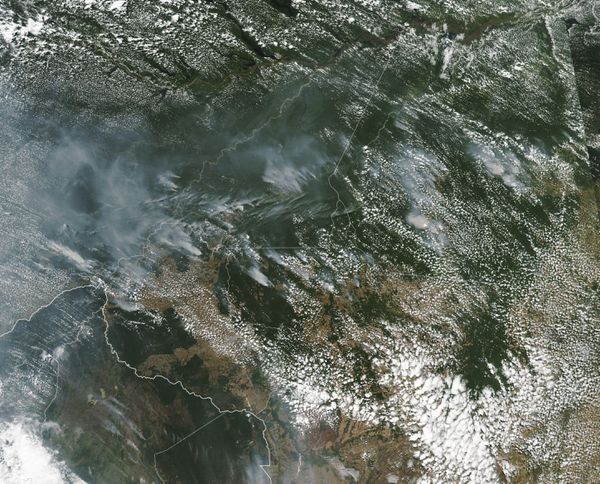


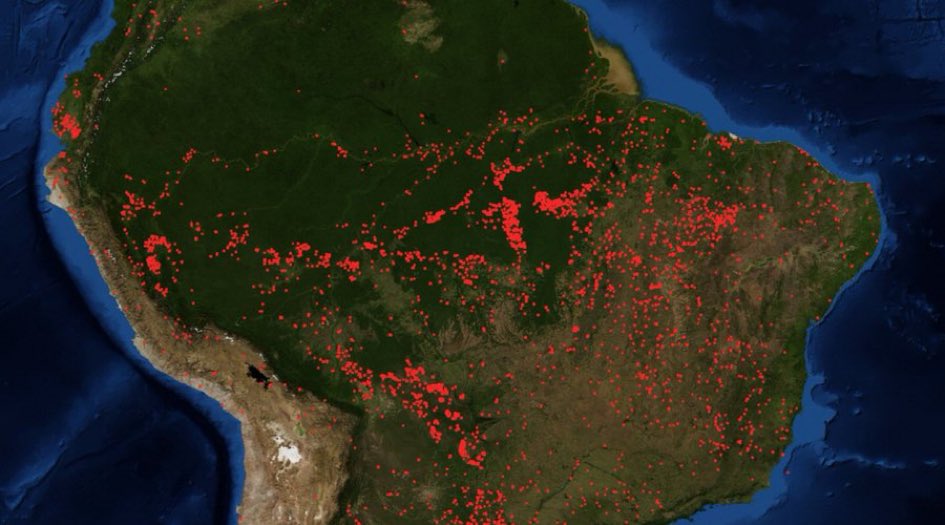
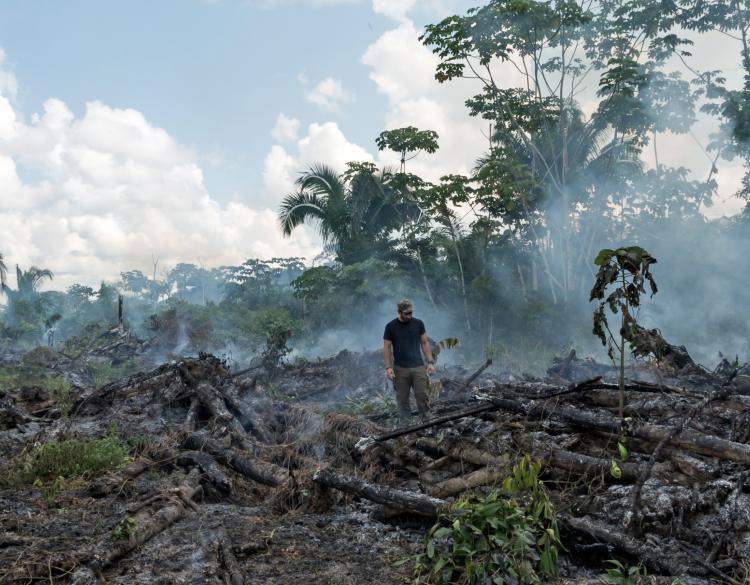

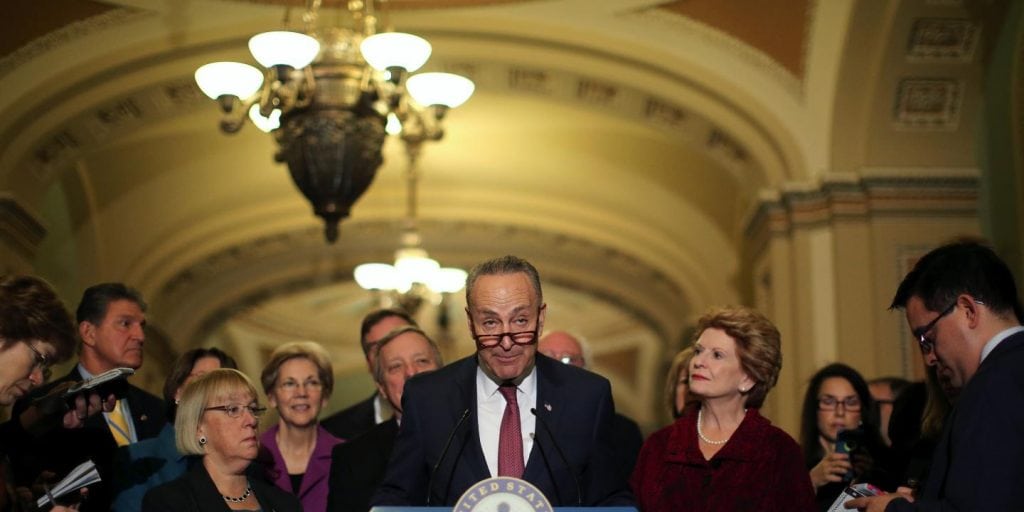


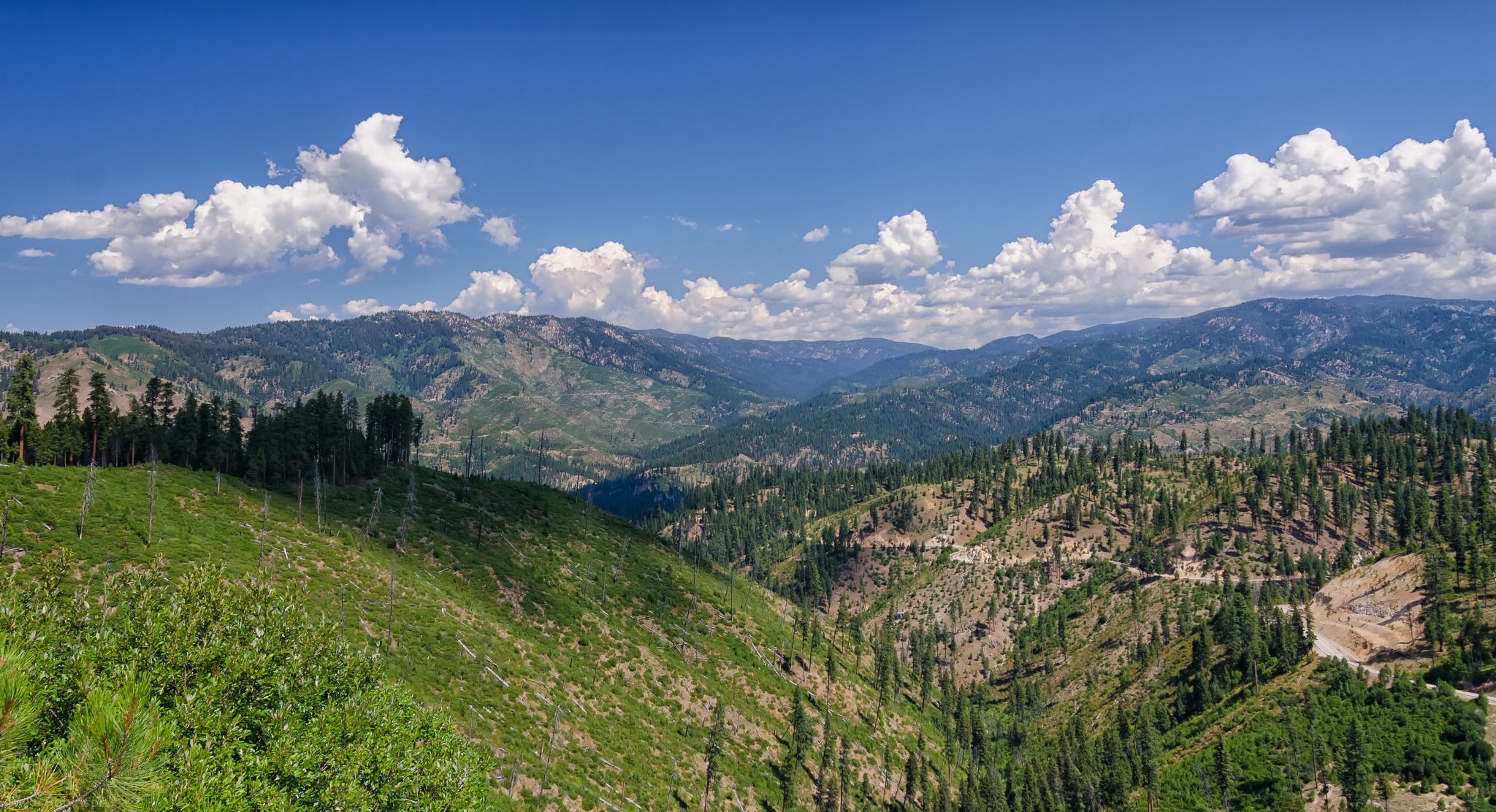
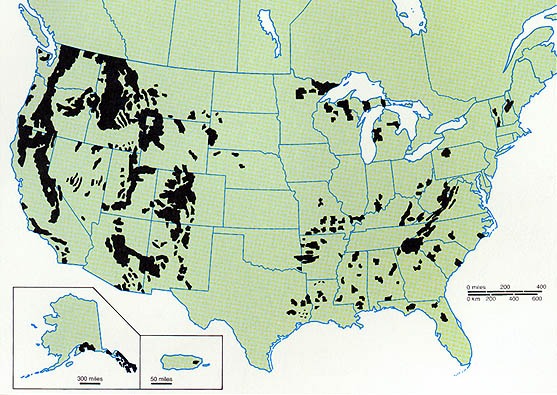




 <<Image by
<<Image by 